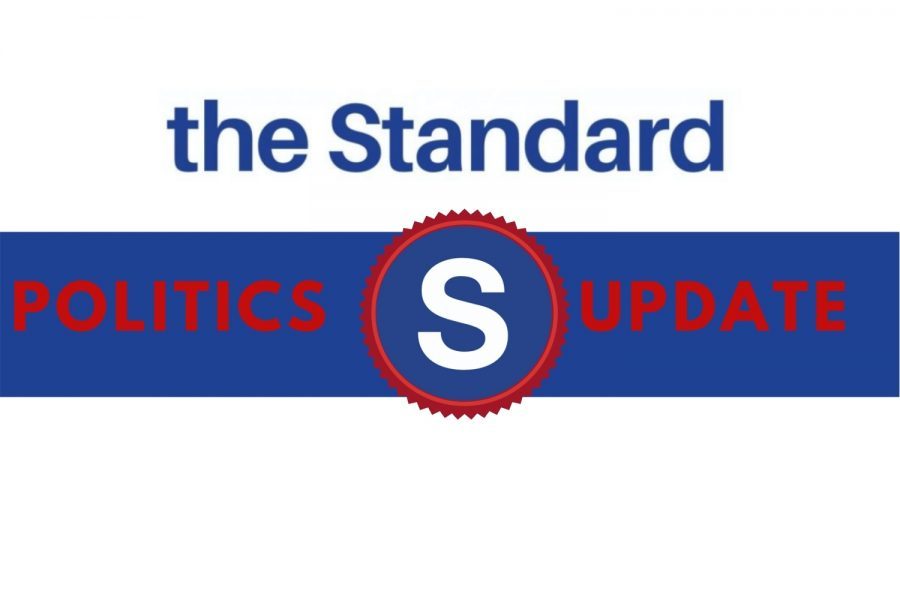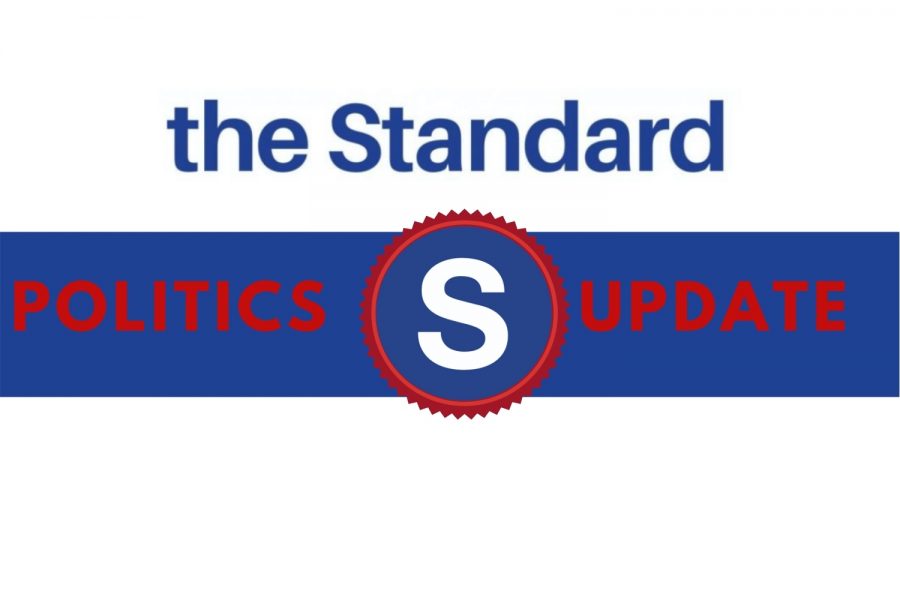Brexit clock ticks toward midnight
The U.K. and the E.U. are stuck in a stalemate, negotiating terms of exactly how the two should sever ties. Talks in Brussels, debates in Parliament, a media whirlwind. Sound mind-numbingly familiar?
The referendum itself was in June 2016, and years of disagreement after disagreement have followed, each time concerning slightly new topics. Brexit never seems to end; every new “endmost deadline” is followed by another. But Dec. 31, the date by which the two parties must reach a trade agreement, may actually be the last, and its significance the greatest.
Few people truly understand the complexities of the Brexit saga – they are so deep that many are dismayed from even trying. Even so, someone does actually need to examine the fine print, where as the adage warns, the devil rears its head. For U.K. Prime Minister Boris Johnson, that devil is a fish.
In a purely economic regard, Britain’s fishing industry is not all that consequential; it constitutes less than 0.1% of GDP. Hence, its importance lies in political symbolism rather than economic output.
As Brexit concludes its final chapter, such political theater may be pushing the U.K. and the E.U. toward catastrophe.
Brexiteers view fishing rights as a key emblem of sovereignty the U.K. must regain from the clutches of the E.U. This tug of war over which body controls the fishing boats surrounding the U.K. – where they can go and how much fish they can catch – has gone on since the E.U.’s inception. Essentially, Johnson wants to provide British ships freer access to the waters surrounding the U.K. so that they can maximize their quotas. The E.U. wants the same on their side.
Johnson sat down with the European Commission Chief Ursula von der Leyen Dec. 9, and fish was on the table. Johnson left with little resolved, and while fishing is not the only dispute causing the predicament in which the U.K. and E.U. find themselves, its stalling power could prove damning. If a free trade deal is not reached, a “strong possibility,” according to Johnson, the shocks will ripple for decades.
Brussels revealed an emergency plan the day after Johnson’ and von der Leyen’s meeting which seeks to mitigate some of the no-deal ramifications. In the pursuit of contingency, talks may be prolonged further. Again, when there is a “last” deadline, another always lurks behind.
When marching off to Brussels to talk the E.U. down, Johnson puts on this strong-man figure, but it never really gets him results. If they don’t give him what he wants, he insists there simply won’t be a deal. This hardball strategy might play well for his image, but not necessarily for the U.K.
As Brexit concludes its final chapter, such political theater may be pushing the U.K. and the E.U. toward catastrophe.
Maduro’s dictatorship plan
In recent years, President of Venezuela Nicolás Maduro’s behavior has put his name among infamous Latin American dictators like Augusto Pinochet and Gustavo Pinilla. Cruising to victory in a national election Dec. 10, Maduro could cement that position.
At least in boycotting, the people of Venezuela have expressed their voice by not using it. They have emphasized how dismal Maduro’s public support truly is.
His party as a whole, the United Socialist Party of Venezuela, steamrolled Sunday’s election in large part because the opposition boycotted the vote, in presumption that it would be rigged. They were right; the PSUV never could have achieved this result on merit.
The situation in Venezuela is dire by many metrics: inflation is through the roof, food and medicine is scarce and its political system is in shambles. Maduro’s head is on the stick for it all.
So, why boycott the election if so much is at stake? For one, if dissenters did participate, the outcome would have proved the same; Maduro is in no mood to conduct a free and fair election. At least in boycotting, the people of Venezuela have expressed their voice by not using it. They have emphasized how dismal Maduro’s public support truly is.
Under any other political system, such circumstances would make Maduro’s power extremely fragile. Instead, they prove that his reign is virtually unchallengeable.
The opposition has gathered behind now former Head of the National Assembly Juan Guaido. Since 2019, Guaido has claimed to be acting as interim president, with an official role as President of the National Assembly. Much of the international community, including the U.K. and the U.S., recognizes his claim to the presidency.
Guaido has proposed a national referendum. But like Sunday’s election, even if the numbers show significant support for Guaido’s party, the result will be meaningless.








